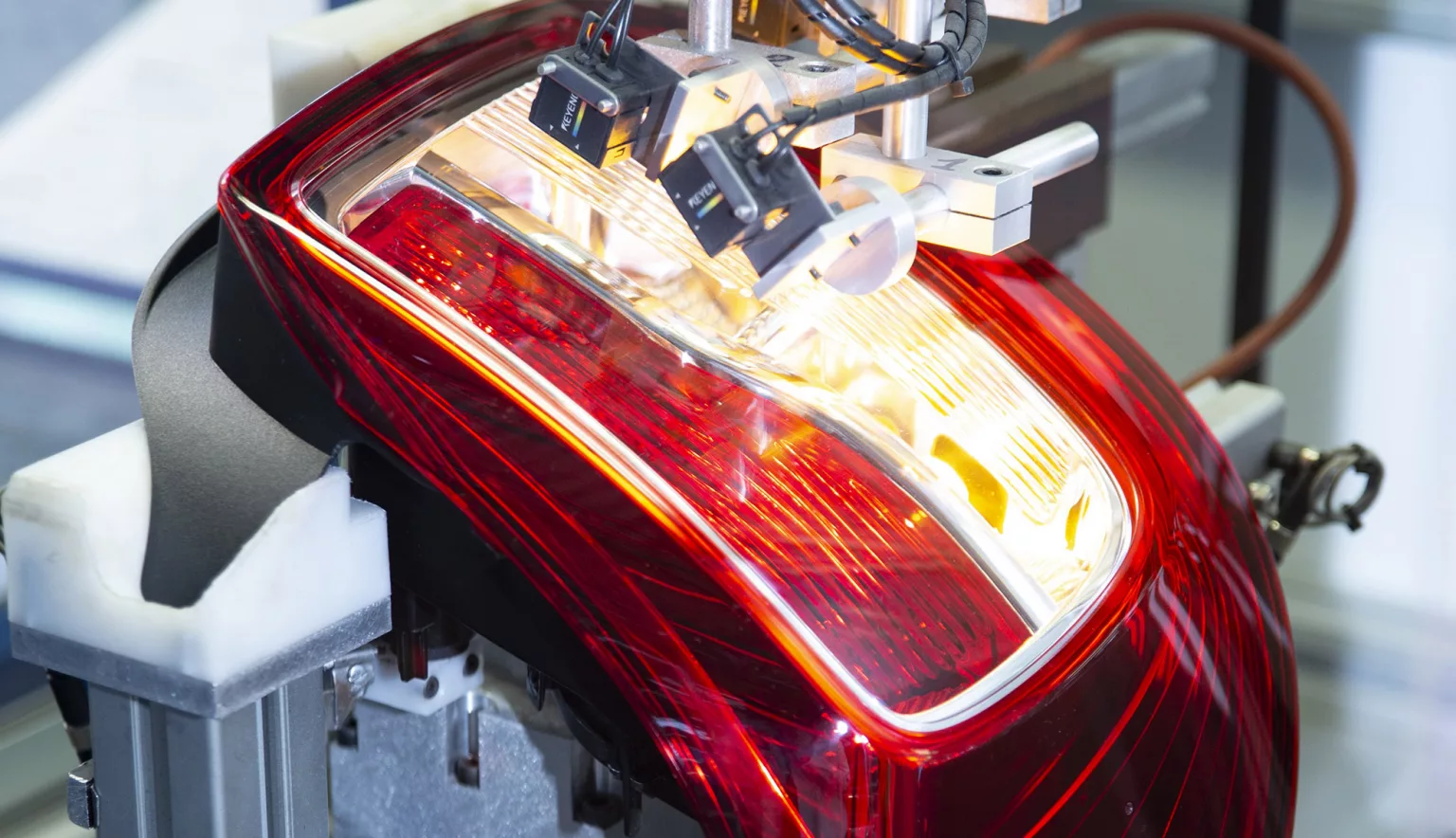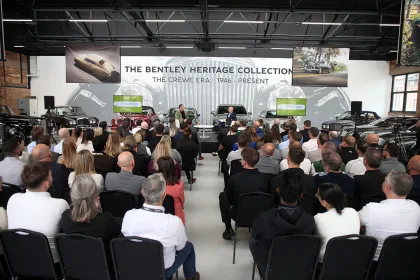With its centenary celebration on the horizon, Romanian lighting solutions specialist ELBA continues to innovate in response to industry trends, the company fully invested in ‘LEDification’.
STAYING SWITCHED ON
Not many would guess that Timisoara was the first city in Europe to install electrified public street lighting.
In November 1884, Romania’s westernmost city, lying on the Bega River, switched on 731 lamps spanning almost 60 kilometres, kickstarting a period which saw trams converted from horse to electrical power and hydroelectric plants commissioned.
In the realm of lighting, Timisoara has remained a pioneer.
1921 saw the foundations laid for what is now known as ELBA, the largest manufacturer of lighting solutions and systems in Romania, its longevity owed to a culture of innovation, passion for technology and dedication to quality of performance.
“I strongly believe that innovation is synonymous with progress, so I am always looking for new solutions and effective approaches,” adds CEO Bogdan Cocian.
“That’s why ELBA devotes all its efforts to transform the challenges in our business sector into profitable opportunities. We focus on continuously adapting, as we push to remain the leader in lighting technology in the domestic market and to continue our sustainable development, especially in the EU.
“Another secret of ELBA’s longevity is in the long-term commitment of the shareholders, consisting of around 2,000 current and former employees of the company.”
Cocian joined the enterprise in 2012, returning to Romania after studying in Paris and working in business strategy roles with clients across Europe, Asia and South America. CEO since 2015, it is his job to maintain ELBA’s position as a national leader and navigate it through challenges.
Take the Romanian automotive sector, one of the company’s most important lines of business.
“About 80 percent of new registrations are used cars, imported mainly from the EU,” Cocian explains. “This has major benefits for the other EU countries, giving a tremendous lever for financing the park renewal, but it has a disastrous effect on our national economy.
“Each new car sold which is manufactured in Romania generates around €3,700 of public revenue, while each imported second-hand car delivers earnings close to zero. This brings us locally to an average park age of approximately 12 years which presents issues in terms of CO2 emissions.”
SUSTAINABLE INNOVATION
This highlights the need for companies like ELBA to innovate, especially when it comes to meeting directives relating to sustainability.
Here, the organisation is concentrating on weight reduction of its automotive products and continuing what Cocian calls LEDification across the board. For example, starting from 2020, the firm is no longer producing solutions using bulb/fluorescent light sources.
“Vehicle manufacturers are interested in integrating LED lights in vehicles, as these consume less power and have a longer life compared to halogen and HID lights,” Cocian adds, pointing to how the company is continuously looking to evolve products through research and development.
“Modern LED technology has enabled a technological revolution in automotive lighting and our R&D team is continuously involved in the development of new headlights and rear lamps for mass production. Thus, based on our specific competences for design to cost and design to quality, we bring meaningful innovation into the market at an affordable price.”
As well as reducing emissions, advancement of technology is another area ELBA is focussing on, particularly in the realm of software development.
“The arrival of the 5G will bring us a step closer in the connectivity area,” Cocian continues. “We expect to have several solutions that require large amounts of data, from AR-based apps for an improved car-buying experience to improved driver experience, personalisation, predictive maintenance and so on.
“Although today’s ELBA has a clear production-based profile, this shift towards electronics and software-based solutions in our sector is a key element of our future development. For this reason, we are studying the opportunity to create either from scratch or through an external acquisition a software business unit, initially dedicated to our areas of activity.”
This will also help to drive ELBA’s sustainability agenda, the company already committed to investing €5 million annually on technology which will help ensure its manufacturing activities and products are environmentally friendly.
POWERED BY PEOPLE
Investing in human capital is another pillar of ELBA’s sustainability strategy.
The company supports local cultural initiatives such as the Art Encounters Biennial, a cross between an experimental art festival and a contemporary art expo. The event focuses on extensive curatorial research which facilitates dialogue around the historical and the sociocultural contexts of Timisoara.
ELBA also engages in several educational partnerships with local universities and specialised colleges.
“In Timisoara, we face a major skills shortage and must work with local universities and other programmes of dual education to ensure we prepare new generations for the market realities,” Cocian expresses. “That is why we started offering vocational training programmes –for example, on developing skills related to plastic injection, useful in the automotive industry.”
Cocian is also all too aware of how important it is for the firm to be an attractive proposition to skilled graduates.
“We are focusing on building a strong employer brand,” he continues. “Our company culture is based on respect and fairness toward our people.
“We reward initiative and creativity and encourage our employees to experiment and to find innovative solutions for a meaningful objective.
“Employees, especially the young generations, do not want to feel like they are simply a little piece in a large machine. They want to know that they matter and that their work is making an impact.”
And Cocian in turn is determined for ELBA to further its impact on the wider Romanian and European lighting scene, especially when it comes to sustainable development. Indeed, the CEO believes this will gather momentum in 2020, be it through increased uptake of LED solutions or building of infrastructure for electric vehicles.
He concludes the conversation confidently, outlining his thoughts on both the company’s and Romania’s development as a leading light on the continent.
“Whether Romania becomes a major player in Europe in this sector might depend on the public policies implemented by Romanian authorities, the economic stability ensured through these policies and, of course, the measures that are taken in order to stay competitive and generate added value compared to the other EU and non-EU countries we are in competition with.
“Given the actual situation, I estimate that Romania is not a low-cost country anymore. Furthermore, I am optimistic that the country will carry on the continuous growth seen in recent years.
“The national and global economy and major shifts in the lighting industry do also represent great challenges for the near future, and ELBA will concentrate all of its efforts towards transforming these challenges into profitable business opportunities.”































